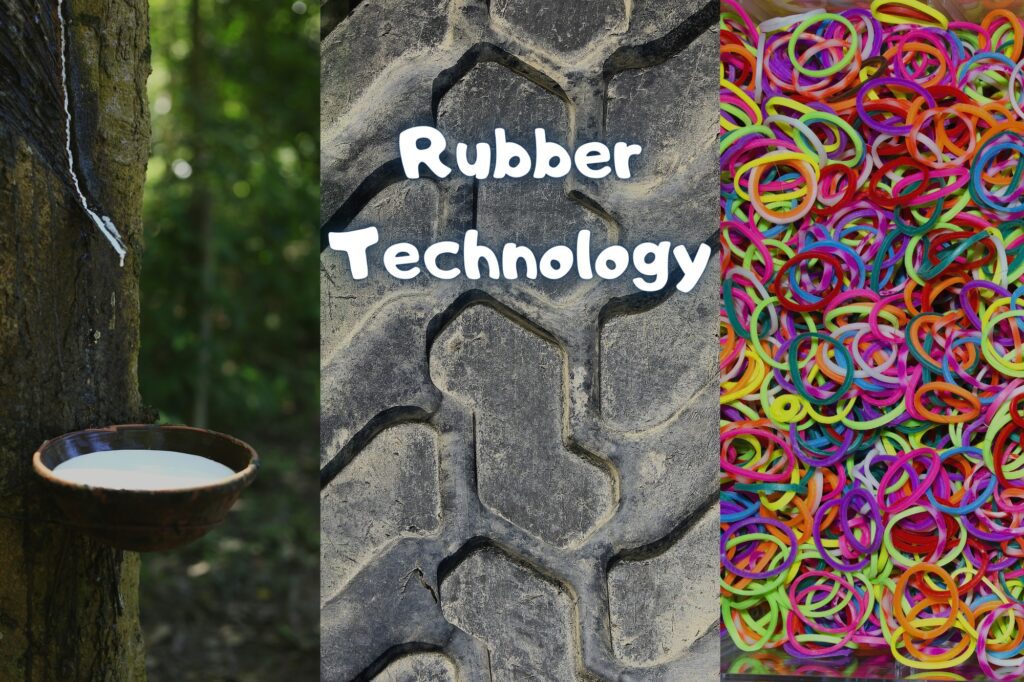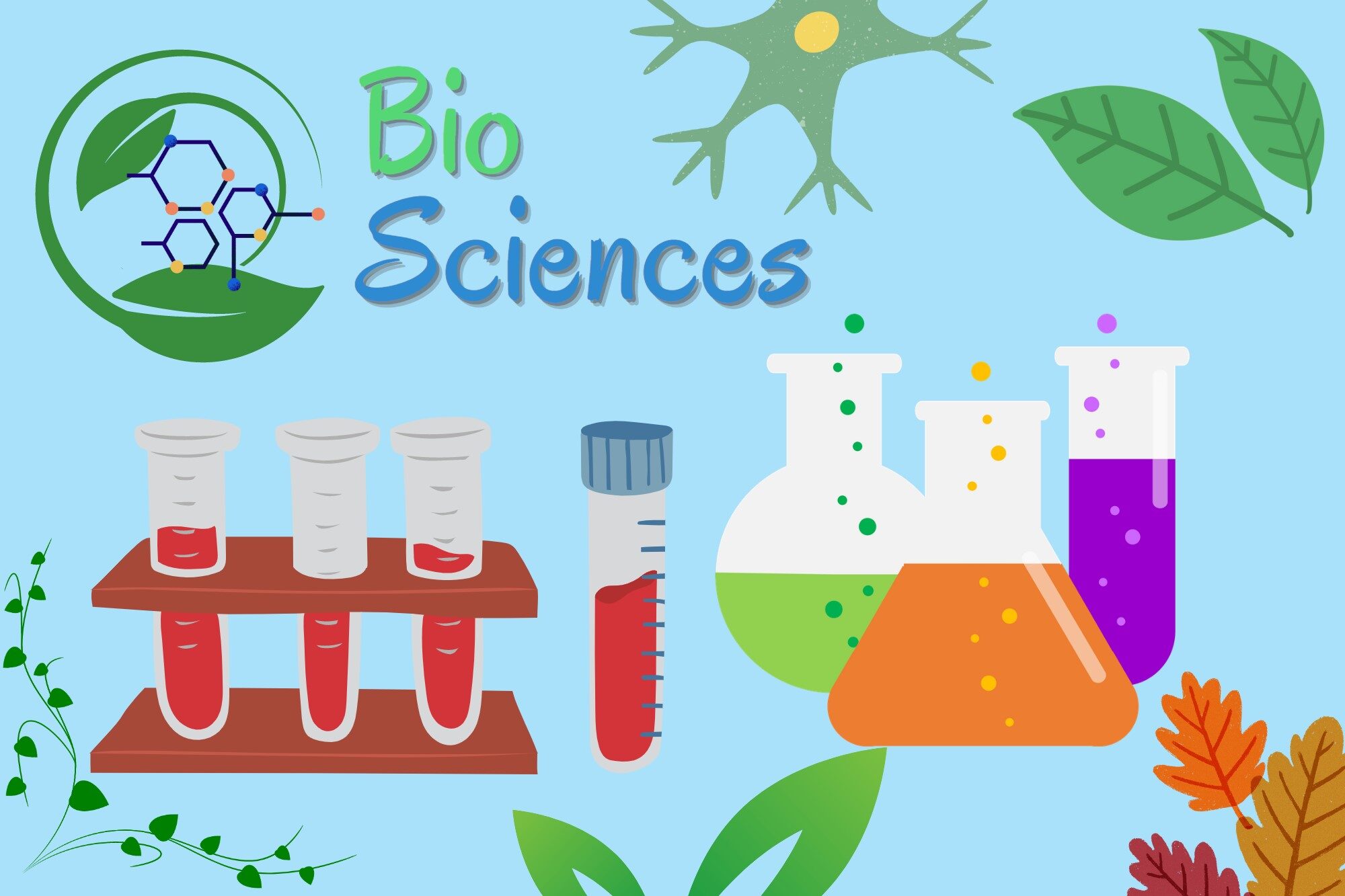Rubber Technology
Rubber technology is the science of processing and utilizing rubber for various products. It combines natural or synthetic rubber with different additives and chemicals to create products with specific properties. Many industries, including automotive, industrial, medical, and consumer goods, utilize rubber technology. Since ancient times, people have used rubber to make shoes and waterproof clothing. In modern times, rubber technology has advanced significantly to create more efficient and durable products.
The Process and its Applications
Rubber is used in everything from tires and seals to hoses, gaskets, coatings, and more. The production process of rubber begins with the raw material – either natural or synthetic rubber. Natural rubber is made from latex extracted from certain types of trees, while synthetic rubbers are made from petroleum-based chemicals. Both rubber types have unique characteristics that must be considered when designing a product.
Depending on the application, the finished product can be used for anything from tires to seals or gaskets. Rubber has unique properties that make it ideal for use in many different industries – it’s firm yet flexible; it’s heat resistant; it’s waterproof; it’s abrasion resistant; it’s resilient; it’s non-toxic; and it’s easy to manufacture. As you can see, there are many applications for rubber technology in today’s world – from tires to seals and much more.
Types of Rubber and Their Uses
There are various types of rubber available with different properties and uses. The common types of rubber are natural rubber, synthetic rubber, and silicone. Natural Rubber is derived from latex sap in certain plants such as the Para Rubber Tree. It is highly elastic and is used to make tires, hoses, adhesives, and molded parts. Natural rubber also offers excellent resistance to heat and wear.
Synthetic rubbers are manufactured polymers designed to offer enhanced performance over natural rubbers in terms of strength or temperature resistance. They can be used to make tires, gaskets, seals, and hoses for various industries, including automotive manufacturing and aerospace engineering. Silicone is engineered to resist extreme temperatures while providing superior flexibility, strength, and durability. Due to its non-toxic properties, it is an alternative to natural rubber for gaskets and seals in medical devices or food processing equipment. No matter what type of rubber you need for your application, it’s essential to understand the specific properties each type offers.
Career Opportunities in Rubber Technology
Rubber technology is an area of expertise that involves designing, manufacturing, and testing rubber products. As the world continues to rely more on rubber for various applications, there is an increasing demand for professionals with knowledge and experience in this area. Those specializing in rubber technology can find jobs in multiple industries, such as automotive, aerospace, medical device, and consumer product manufacturing. Some job titles:
- Rubber Technologist
- Rubber Process Engineer
- Quality Assurance Technician
- Product Designer
- Research Scientist
Professionals working in rubber technology are responsible for designing, developing, and testing new products or processes related to rubber production. They may also troubleshoot existing products or processes to ensure they meet safety requirements and customer specifications. In addition to these technical responsibilities, they may be responsible for managing projects or providing technical support to other departments within their organization.
Courses Available in India for Rubber Technology
Rubber Processing Technology
This course covers the basics of rubber processing, including mixing, extrusion, calendaring, molding, vulcanization, and other related topics. Students learn about the machinery used for these processes and troubleshooting techniques.
Polymer Science & Technology
This course focuses on polymer science fundamentals such as molecular structure and properties. It also covers topics like reaction engineering and polymer synthesis.
Rubber Compounding & Formulation
This course provides an overview of rubber compounding principles and techniques. Students learn about the various components used in formulating rubber compounds and methods for testing their properties.
Rubber Product Design & Development
This course introduces students to the principles of rubber product design. Topics include stress analysis, fatigue life prediction, material selection criteria, prototyping techniques, and more.
Advanced Rubber Technology
This advanced course covers topics such as elastomeric materials characterization and testing methods. It also provides an introduction to advanced topics like nanocomposite materials.
Institutes Offering Training in Rubber Technology
- The Indian Institute of Technology (IIT), Delhi, offers a Bachelor’s in Rubber Technology. The program covers rubber compounding, rubber processing, vulcanization, and other related issues.
- The Indian Institute of Technology (IIT), Bombay, offers a Master’s in Rubber Technology. This program focuses on advanced topics such as elastomeric materials and their applications.
- The Rubber Board of India provides training courses in rubber technology at its research institutes nationwide. The courses cover rubber compounding, processing techniques, and testing procedures for rubber products. Depending on the topic covered, duration of these courses ranges from three days to two weeks,
These programs cover topics like polymer science, physical chemistry, and engineering principles related to rubber technology.



